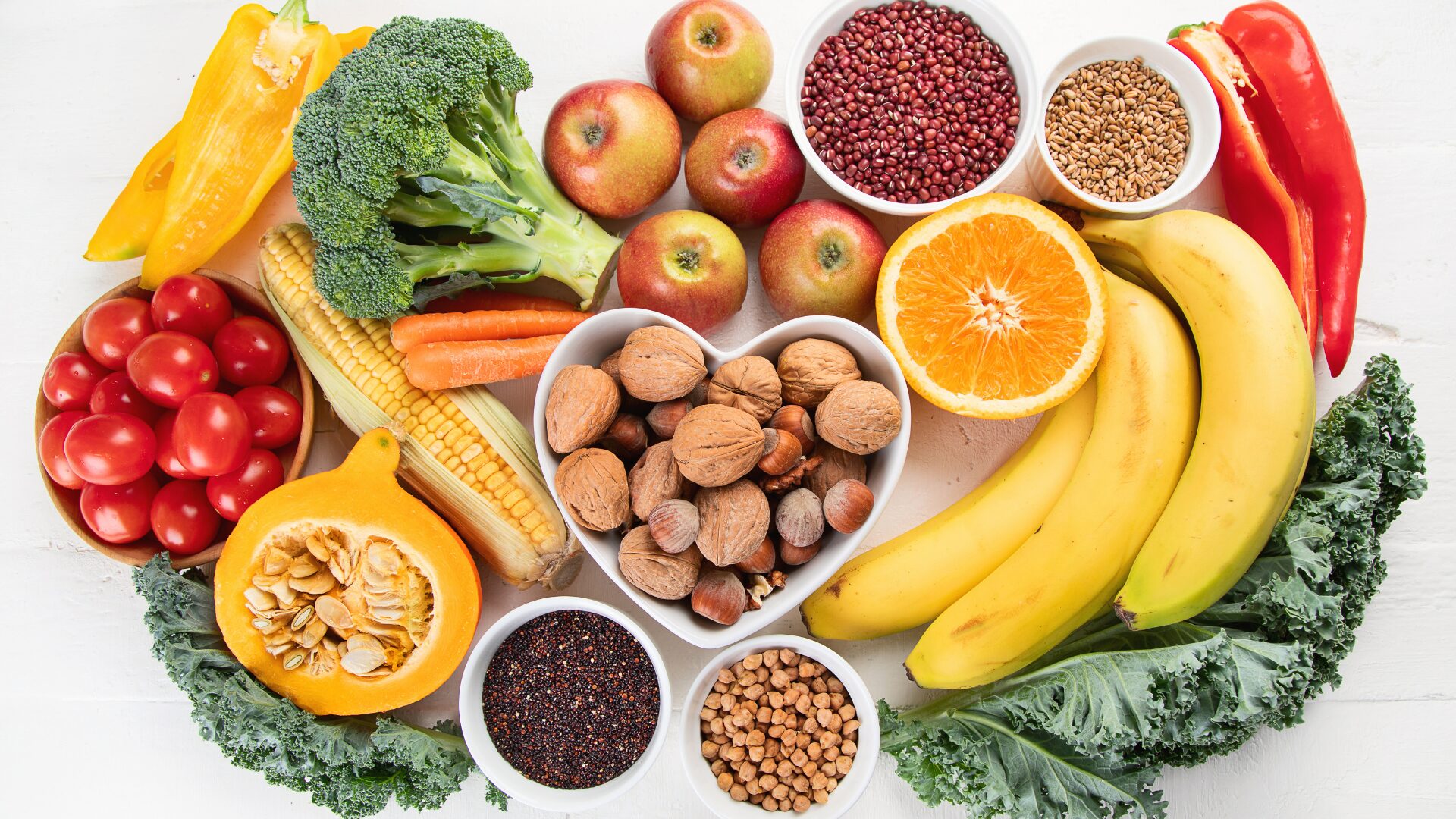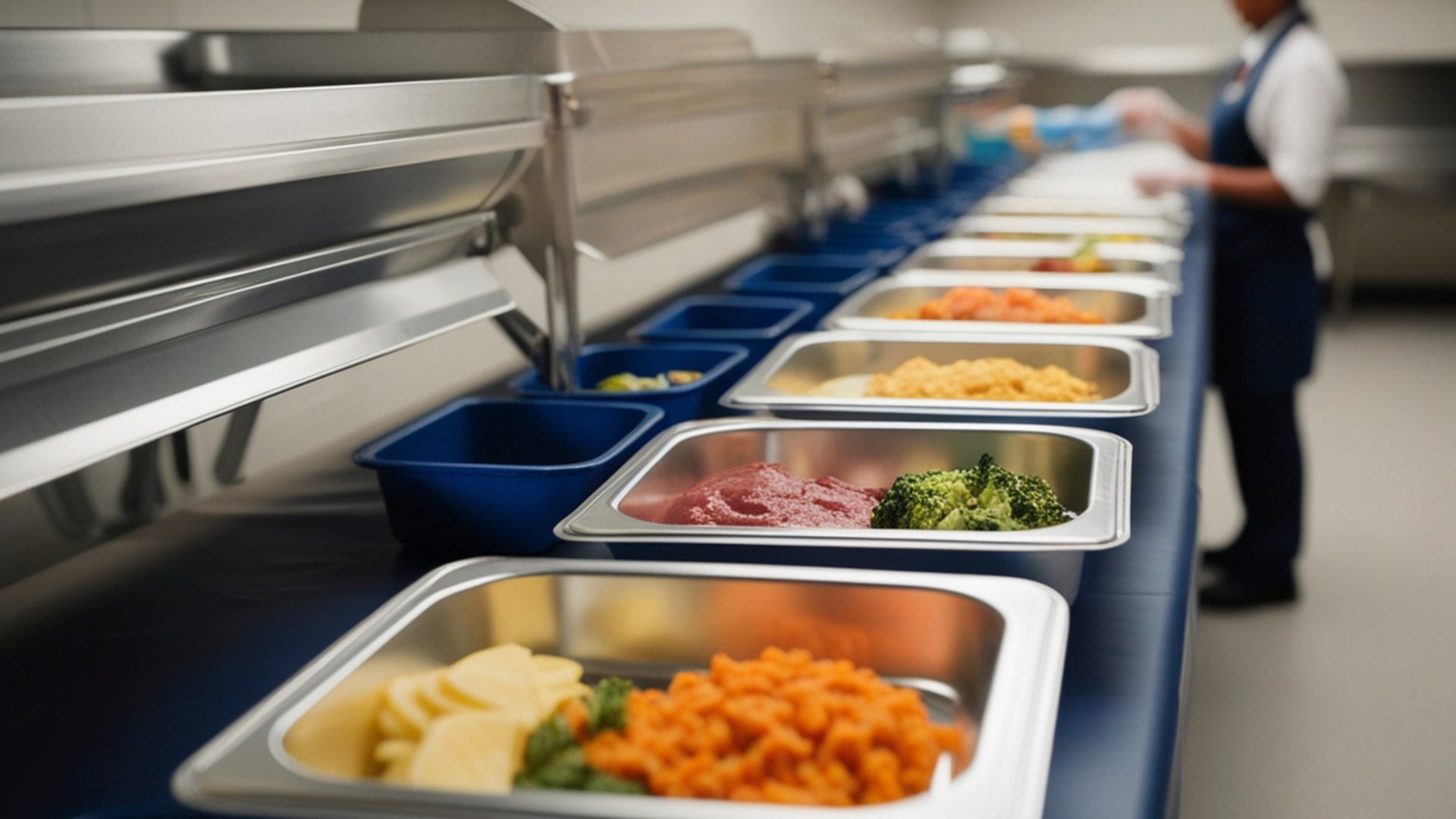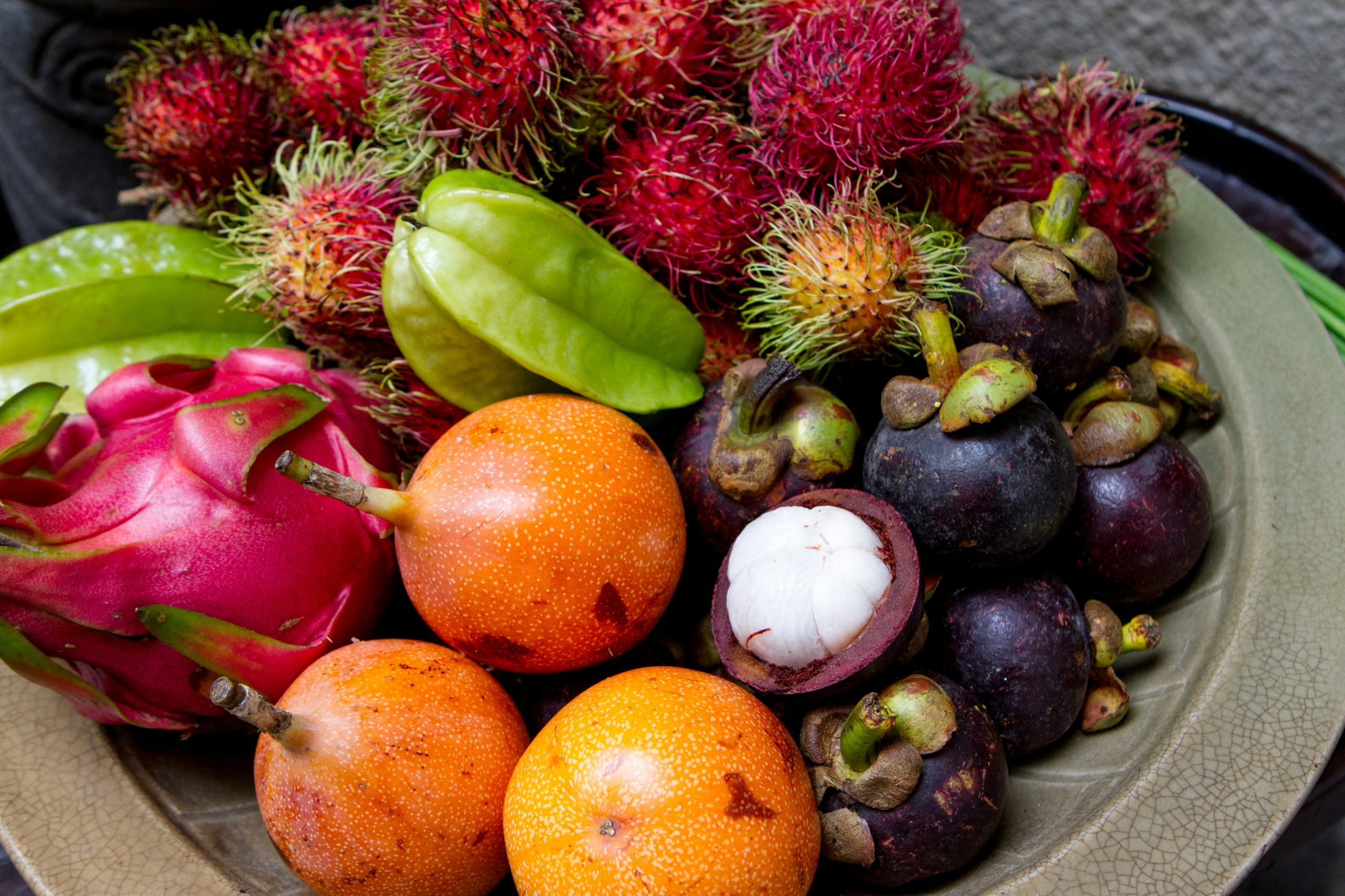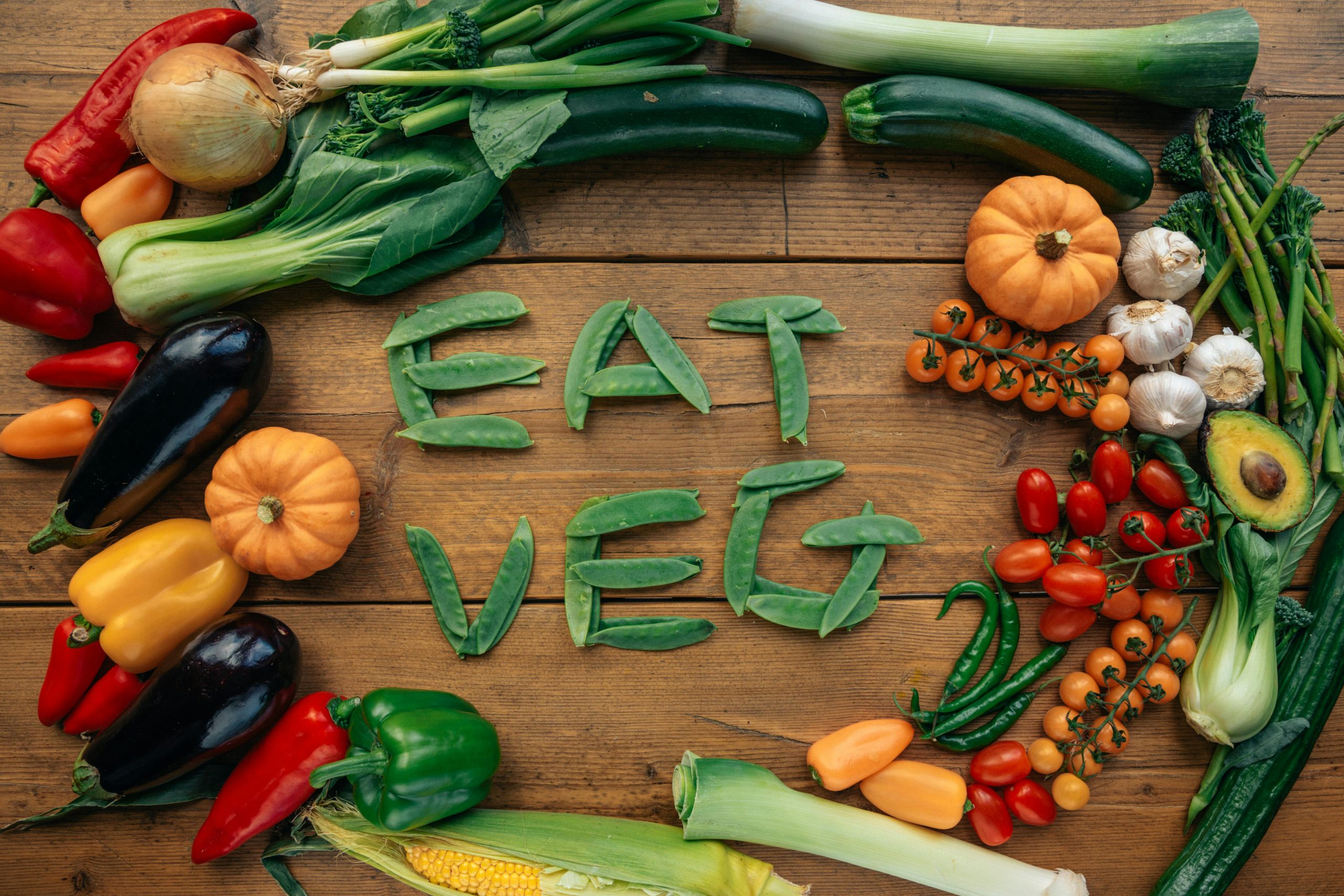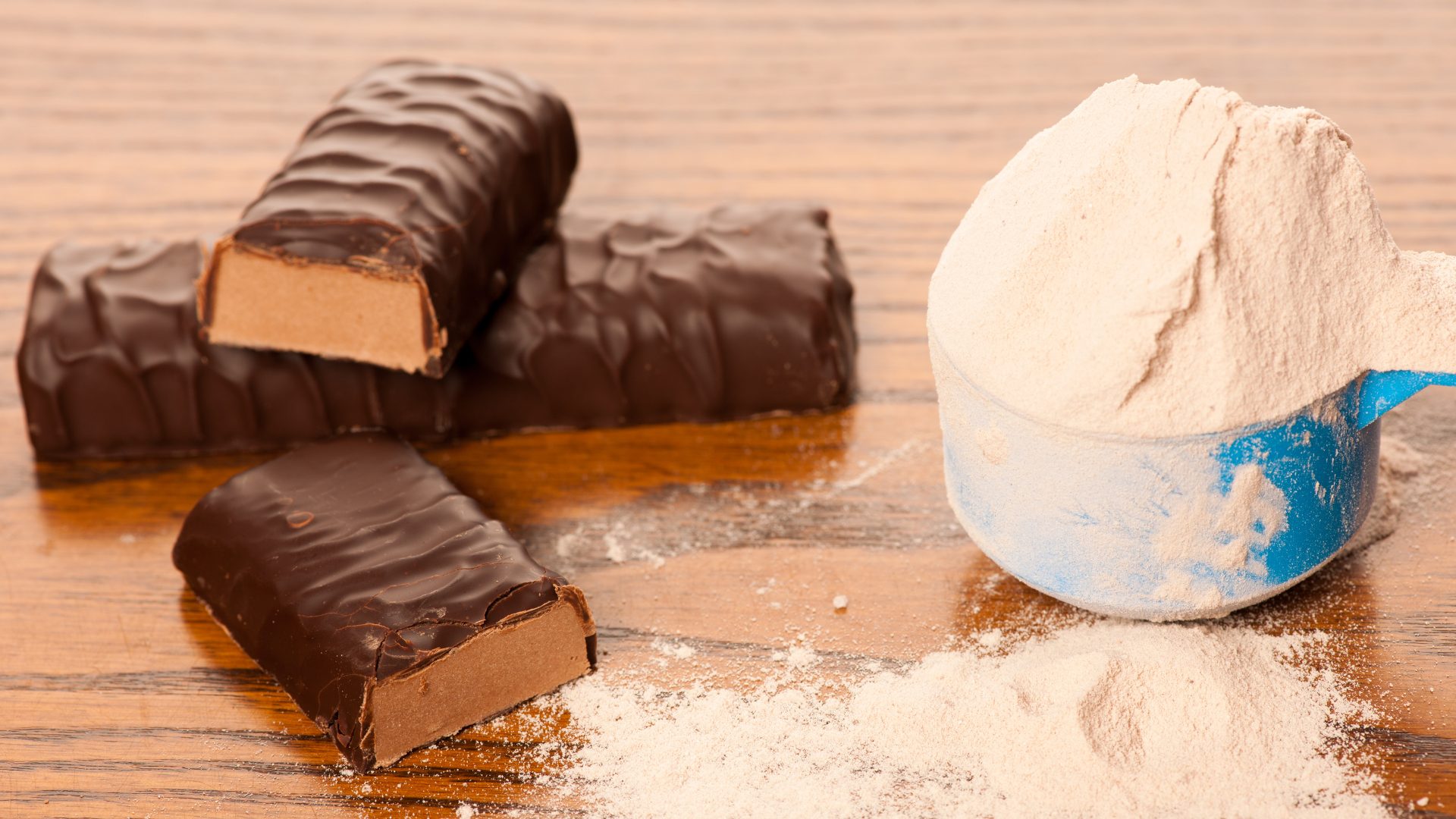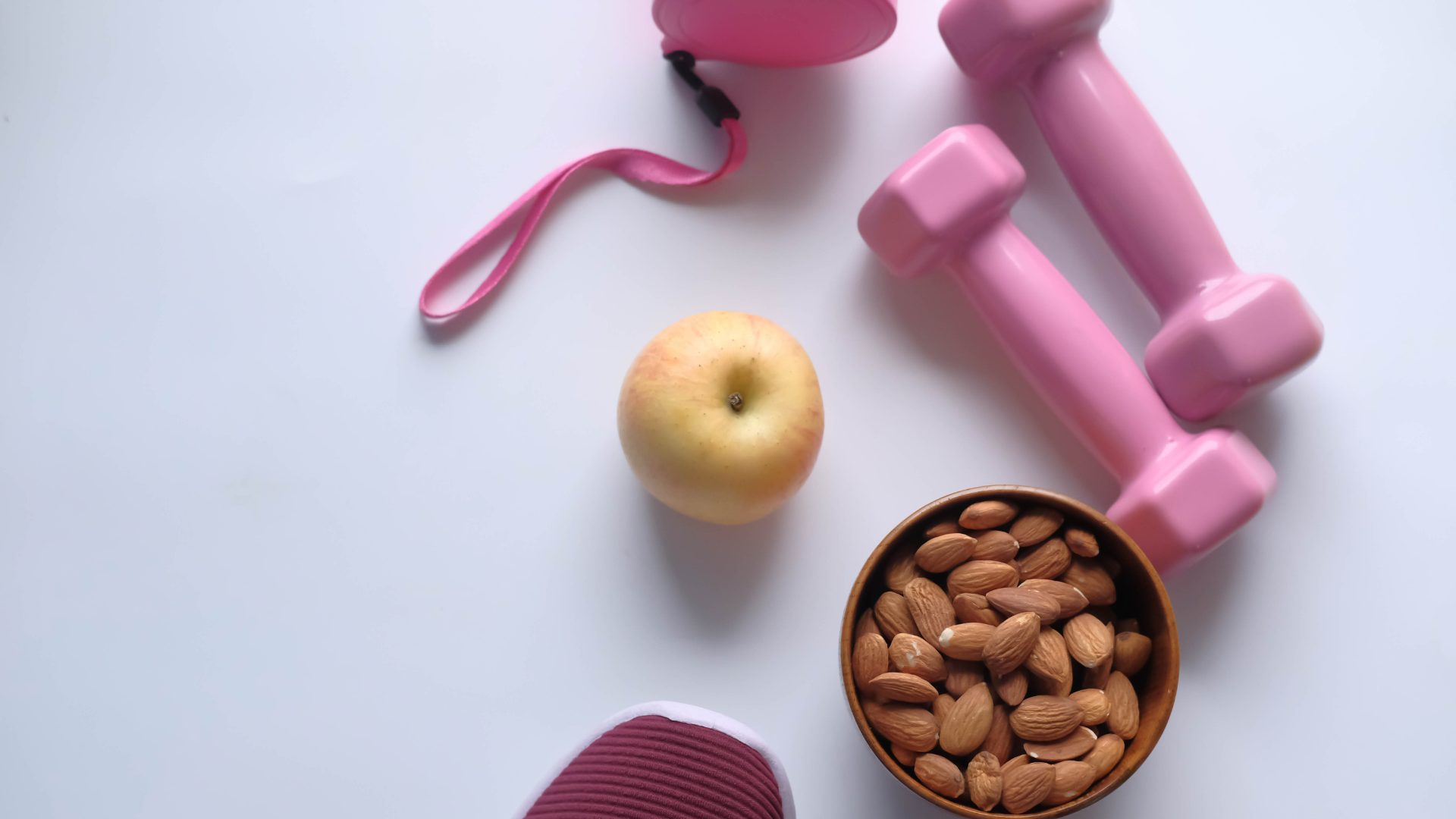Gut health has become a top priority for today’s consumers, paving the way for one of the fastest-growing wellness trends as of late: fiber-fortified prebiotic sodas.
Beverage brands like POPPI and OLIPOP have been touting these new products as healthier alternatives to soda that are not only lower in sugar but also fortified with prebiotics — but are they as healthy as advertised?
The Food Institute sat down with Lena Bakovic, a registered dietitian at Top Nutrition Coaching, to get her insights on the matter.
For starters, what are prebiotic sodas?
“Prebiotic sodas are usually carbonated beverages with fiber, or prebiotics, added in,” Bakovic told FI. “They’re often called functional drinks because of the prebiotic function in helping fuel the beneficial bacteria within our guts.”
Are there any health risks associated with prebiotic sodas?
“People with certain conditions such as irritable bowel syndrome (IBS) need to be aware that prebiotic sodas can be high in FODMAP content, potentially exacerbating symptoms of their condition,” said Bakovic.
Short for Fermentable Oligosaccharides, Disaccharides, Monosaccharides, and Polyols, FODMAP refers to a group of short-chain carbohydrates and sugar alcohols that are poorly absorbed in the small intestine. If they reach the colon undigested, they’re fermented by gut bacteria, which can result in digestive discomfort.
“Like probiotics, it’s possible that consuming prebiotic sodas may produce GI distress in the form of bloating or gas symptoms,” Bakovic added.
How do prebiotic sodas fare in terms of gut health?
“Prebiotic soda is definitely trending right now as a source of dietary fiber in soda/bubbly form,” Bakovic said.
“However, prebiotics are already abundantly present in whole foods such as fruits, nuts, seeds, vegetables, and whole grains. My opinion is that consuming prebiotics from these foods may be the far more beneficial method of obtaining the health benefits whilst also providing sources of numerous vitamins, minerals, and antioxidants,” she added.
Any other concerns regarding prebiotic sodas?
“One other factor to consider is cost,” said Bakovic. “These drinks can be quite expensive, so if one is on a tight budget, they may not be the best option.”
Most prebiotic sodas contain around 2-5 grams of fiber per can but cost $20-30 per 12-pack.
8 Fiber-Rich Foods That Cost Less Than Prebiotic Soda
On the flip side, many foods that contain prebiotics are not only higher in fiber and other healthy nutrients but are also substantially more affordable.
Case in point, a 12-oz. bag of dried lentils costs around $1.29 on Amazon; however, each ½-cup serving boasts a whopping 15.6 grams of fiber.
Other low-cost, high-fiber options include:
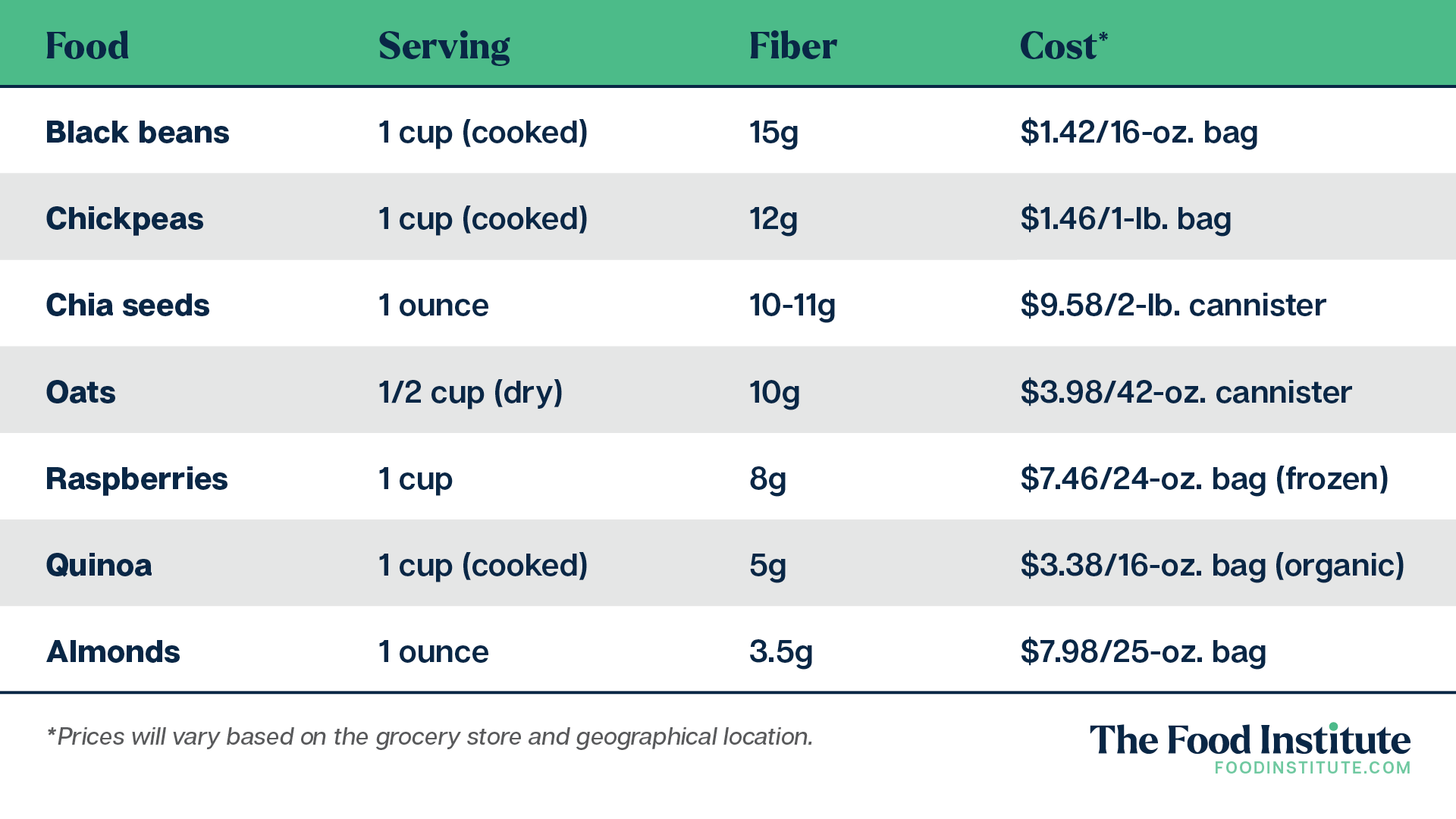
That said, some fiber is better than none, so prebiotic sodas may be the best option for consumers with busy schedules and plenty of disposable income.
The Food Institute Podcast
Restaurant results for the second quarter weren’t stellar, but people still need to eat. Are they turning to their refrigerators, or are restaurants still on the menu for consumers? Circana Senior Vice President David Portalatin joined The Food Institute Podcast to discuss the makeup of the current restaurant customer amid a rising trend of home-centricity.


